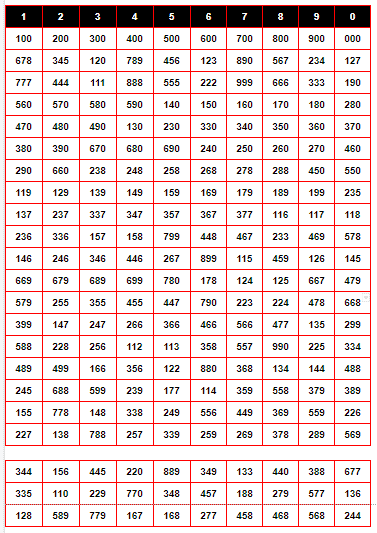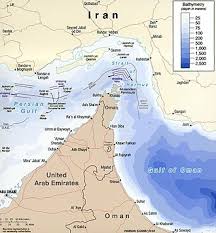Fatafat: A Fast-Paced Trend in India’s Daily Life

Introduction
Fatafat, commonly understood as ‘quick’ or ‘fast’ in Hindi, is a term that resonates with the fast-paced lifestyle of contemporary India. In a country where time is of the essence, the demand for services and products delivered ‘fatafat’ has surged. The relevance of this trend is not only seen in day-to-day activities but also in the overall economic growth and digital transformation of the nation.
The Rise of Fatafat Services
In recent years, the proliferation of mobile applications and e-commerce platforms has significantly contributed to the fatafat culture. Companies like Zomato, Swiggy, and Dunzo have capitalized on the need for speed, offering delivery services that cater to the busy urban lifestyle. According to a recent report by Statista, the food delivery market in India is projected to grow to over $18 billion by 2024, demonstrating the increasing consumer preference for convenience and quick service.
The Fatafat Mindset
The understanding of fatafat extends beyond just quick service; it embodies an attitude towards efficiency and immediacy prevalent among Indian consumers, especially the younger demographic. As people juggle work and personal commitments, they increasingly seek solutions that save time and streamline their responsibilities. The emergence of fintech solutions and app-based services echoes this sentiment, providing instant access to financial services, travel booking, and everyday shopping.
Challenges and Future Outlook
Despite the evident advantages, the fatafat trend is not without challenges. Service providers often struggle with maintaining quality while racing against the clock. Additionally, the environmental impact of rapid delivery services and packaging waste has sparked discussions around sustainability in this fast-paced market. However, many companies are now investing in eco-friendly solutions to mitigate these effects.
Conclusion
As the trend of fatafat continues to shape consumer behavior in India, its significance is increasingly apparent. For businesses, adapting to this rapid pace can mean the difference between success and failure. Looking ahead, the future of fatafat services lies in balancing speed with quality and sustainability, which will not only cater to consumer demands but also contribute positively to societal and environmental goals. Ultimately, embracing the fatafat culture can lead to a more efficient and dynamic economy, marking its importance in the evolving landscape of India.









